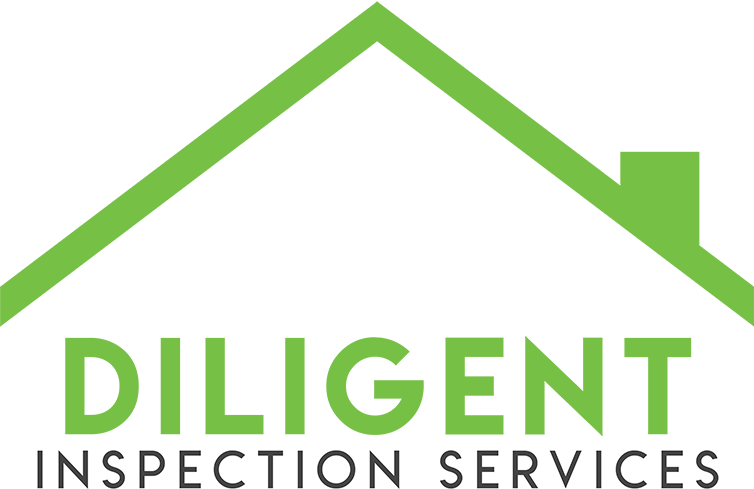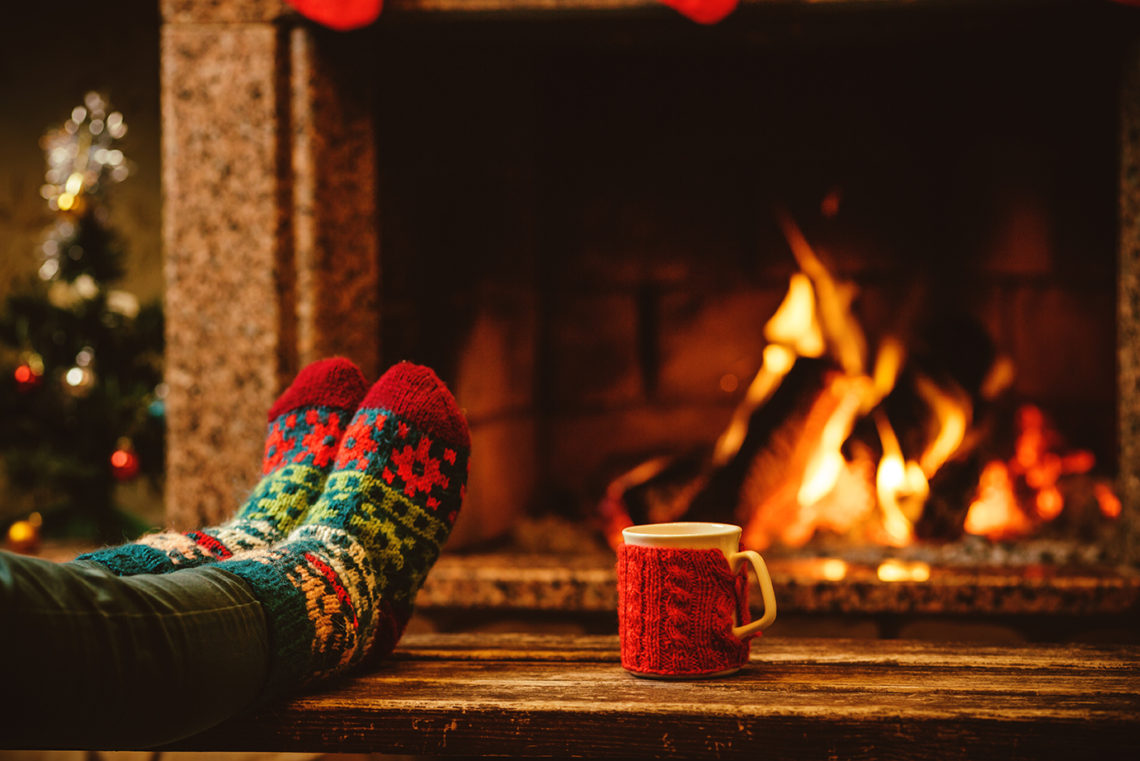Thanksgiving 2017 is just days away. Cranberry sauce, mashed potatoes, green bean casserole, and of course turkey are on most menus. As the Thanksgiving Day Parade plays out on the living room television, the kitchen will bustle to life in a flurry of cooking activity.
Thanksgiving Fire Statistics
According to FEMA, "For each year from 2011 to 2013, an estimated 2,100 residential building fires were reported to fire departments in the U.S. on Thanksgiving Day and caused an estimated 10 deaths, 50 injuries and $28 million in property loss."
Thanksgiving Fire Statistics
According to FEMA, "For each year from 2011 to 2013, an estimated 2,100 residential building fires were reported to fire departments in the U.S. on Thanksgiving Day and caused an estimated 10 deaths, 50 injuries and $28 million in property loss."

As you begin preparing your large family feast remember to following these simple safety tips so that you can enjoy time with your loved ones and keep yourself and your family safe from fire.
Have an Exit Strategy
- In the event of a large fire in your home, immediately remove everyone from the home and call the fire department from a neighbor's home, or from a cell phone.
- Develop a household fire exit plan, including maps of escape routes – especially bedrooms – and a central meeting location outside of the home so that everyone can be accounted for quickly.
- Conduct regular fire drills with the entire household.
- If your home is more than one story high, make sure you have safety ladders in the upstairs bedrooms, and ensure any windows that may be barred are equipped with fully-functional emergency releases.
Smoke Alarms
Smoke alarms provide excellent early warning of fire. They are your home's first line of defense against fires that break out, especially at night.- Install one or more alarms on every floor of your home, near exits and adjacent to bedrooms.
- Install them near the center of a room or hallway.
- A photoelectric smoke alarm sounds when its internal light beam senses smoke or steam.
- An ionization alarm can sense the presence of fire even when there is little smoke.
- Batter-operated smoke alarms can be screwed into the ceiling, so you can install them yourself.
- A hard-wired alarm should be installed by a professional electrician and have a battery backup.
- It is recommended that smoke alarms are replaced every ten years.
- Replace batteries yearly, even if they test okay.
Fire Extinguishers
- Keep a fire extinguisher handy the kitchen, garage, workshop, and any other location where a small fire may occur.
- Type A can extinguish ordinary fires involving wood, cloth and paper.
- Type B is for fires fueled by gasoline, oil, kitchen grease, solvents and other combustible liquids.
- Type C can handle electrical fires.
- The higher the UL number, the larger the unit can put out.

